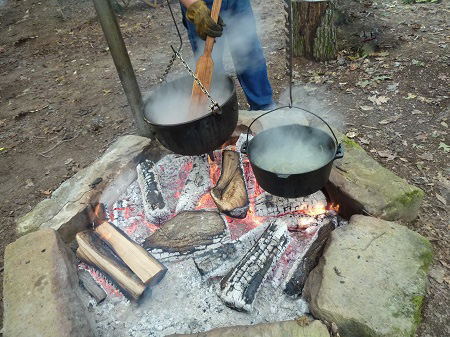Snail’s Pace
 A friend recently told me she has slowed to a snail’s pace after a major health episode. However, she has not given up. She keeps on keeping on.
A friend recently told me she has slowed to a snail’s pace after a major health episode. However, she has not given up. She keeps on keeping on.
A snail’s pace means a slow speed.
If we watch a snail, we understand the connection. It moves so slowly it almost looks like it stands still. However, that snail does move. If we watch it on a plant, we see that it likes to eat as it goes.
Life often moves at a snail’s pace.
Like my friend, health issues make us slow down. Life also feels like it crawls when:
- Work takes longer than we like.
- Study requires long, difficult hours.
- Favorite activities are delayed.
A slower pace allows time to enjoy the moment.
We frequently move so fast, we forget to relish life’s simple pleasures. Instead of constant motion, why not:
- Watch the snails, butterflies, and other sights in nature.
- Take deep breaths and look around at all God gives.
- Stop and listen to family and friends.
- Learn to relax.
Sometimes we need to adjust our pace for the benefit of others.
Small children or the elderly may need more time. We want to match our movement to theirs. Whether fast or slow, let’s help others enjoy their moments too.
We will follow slowly, at a pace that is comfortable for the livestock and the children” (Genesis 33:14 NIV).
Thanks to E. Pearl Anderson for the suggestion. Photo courtesy of Pexels.
Do you have an expression you want explained or a thought about this one? If so, please comment below.
Subscribe to receive my weekly posts by email and receive a free copy of “Words of Hope for Days that Hurt.”
If you enjoyed this post, please share it with your friends.



 Do you ever meet yourself coming and going? With
Do you ever meet yourself coming and going? With  Easy does it tells us to move slowly and carefully.
Easy does it tells us to move slowly and carefully. We all need an occasional pick-me-up.
We all need an occasional pick-me-up. Some days I feel like my get up and go has got up and went.
Some days I feel like my get up and go has got up and went. If we spin our wheels, we move but get nowhere.
If we spin our wheels, we move but get nowhere.